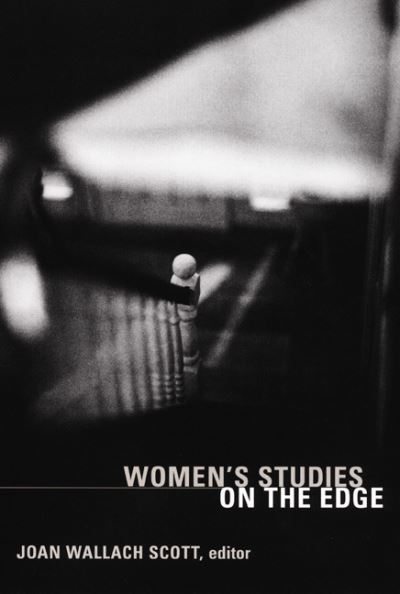At many universities, women's studies programs have achieved department status, establishing tenure-track appointments, graduate programs, and consistent course enrollments. Yet, as Joan Wallach Scott notes in her introduction to this collection, in the wake of its institutional successes, women's studies has begun to lose its critical purchase. Feminism, the driving political force behind women's studies, is often regarded as an outmoded political position by many of today's students, and activism is no longer central to women's studies programs on many campuses. In
Women's Studies on the Edge, leading feminist scholars tackle the critical, political, and institutional challenges that women's studies has faced since its widespread integration into university curricula.
The contributors to
Women's Studies on the Edge embrace feminism not as a set of prescriptions but as a critical stance, one that seeks to interrogate and disrupt prevailing systems of gender. Refusing to perpetuate and protect orthodoxies, they ask tough questions about the impact of institutionalization on the once radical field of women's studies; about the ongoing difficulties of articulating women's studies with ethnic, queer, and race studies; and about the limits of liberal concepts of emancipation for understanding non-Western women. They also question the viability of continuing to ground women's studies in identity politics authorized by personal experience. The multiple interpretations in
Women's Studies on the Edge sometimes overlap and sometimes stand in opposition to one another. The result is a collection that embodies the best aspects of critique: the intellectual and political stance that the contributors take to be feminism's ethos and its aim.
Contributors
Wendy Brown
Beverly Guy-Sheftall
Evelynn M. Hammonds
Saba Mahmood
Biddy Martin
Afsaneh Najmabadi
Ellen Rooney
Gayle Salamon
Joan Wallach Scott
Robyn Wiegman
